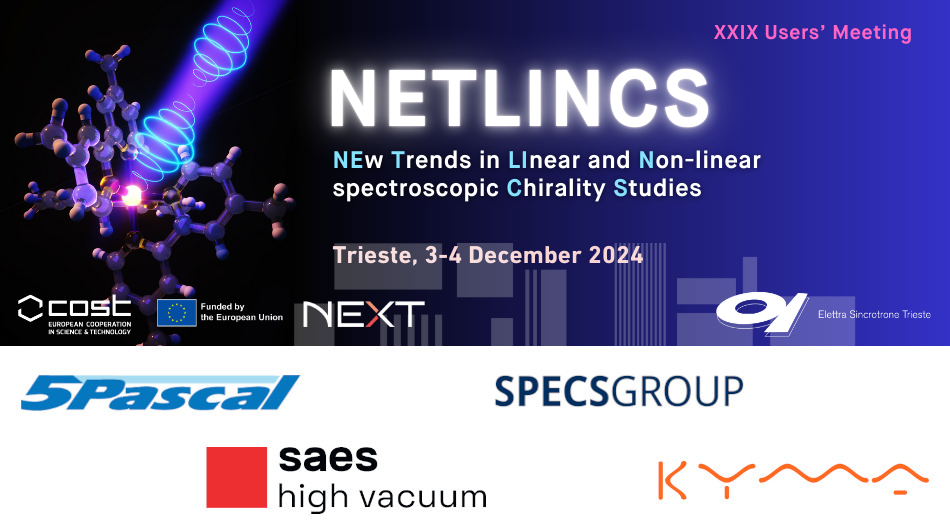Speaker
Description
A molecule is chiral if it lacks both a plane and a center of symmetry, resulting in two non-superimposable mirror-image forms known as enantiomers. Chirality is crucial in the physical and biological sciences because enantiomers, despite having the same chemical structure, often exhibit different chemical and physical properties when interacting with other chiral entities. While chirality is extensively studied in biology, chemistry, and pharmaceutics, the ultrafast dynamics of chiral compounds remain largely unexplored. A promising technique for investigating these dynamics is Time-Resolved Photo-Electron Circular Dichroism (TR-PECD, which uses an ultrashort circular pulse to ionize the molecule from its electronically excited states, revealing time-dependent dichroism through the asymmetry in photoelectron angular distribution. However, interpreting TR-PECD experiments is challenging due to the non-local nature of the initial excited state.
Recently, Time-Resolved X-ray Photoelectron Spectroscopy (TR-XPS) has shown potential in probing local relaxation dynamics of electronically excited states with chemical specificity. TR-XPS can distinguish different atomic sites by analyzing their transient excited-state chemical shifts.
Recently, we combined the chemical and site-specificity of TR-XPS with the enantio-sensitivity of TR-PECD to study the relaxation dynamics of photoexcited fenchone molecules at the carbon K-edge. This experiment demonstrates that femtosecond chiral dynamics can be effectively probed using core-level spectroscopy with circularly polarized XUV light provided by the FERMI free-electron laser. Additionally, core-level PECD spectroscopy of transient excited states enables us to isolate different carbon atoms within the molecule through their distinct chemical shifts, enhancing the site-specificity of the technique. This allows for separating and identifying PECD from various C-atom sites in the molecule that would otherwise be inaccessible.
Furthermore, we will discuss preliminary results of other experiments performed at FERMI and XFEL to extend this approach to other relevant ultrafast chiral dynamics.

